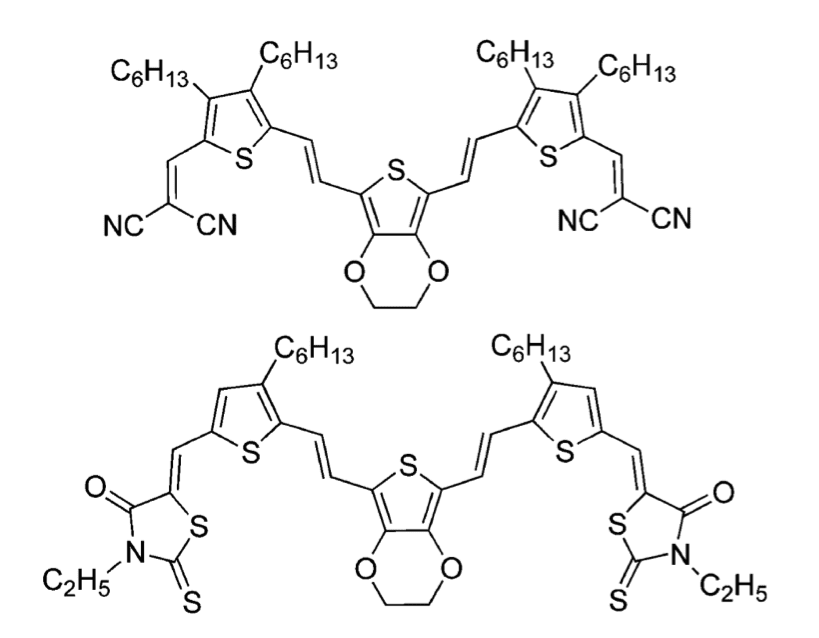Important step towards improving organic solar cells
2nd August 2016 – The group of Prof. Emilio Palomares has taken part in an international collaboration that has investigated the voltage loss in small-molecule solar cells containing fullerene. The results obtained led to the conclusion that these devices have much lower efficiency losses than other solar cells such as those containing organic polymers or the perovskite solar cells, what makes them promising candidates for the future utilization of solar energy.
An organic solar cell is a type of photovoltaic that uses organic semiconductors – organic polymers or small organic molecules- to produce electricity from sunlight. These solar cells are attracting considerable interest because of the flexibility of the devices and the low production costs to manufacture them on a large scale. Among the different types of organic solar cells stand out the small-molecule organic solar cells (smOSC) that are based on low molecular weight solution-processed semiconductor molecules. The use of these small molecules has several advantages over semiconductor polymers such as low cost, reproducible synthesis, high degree of purity and ease of scale-up. Moreover, the study of these devices shows increasing efficiencies that can reach values up to 10 %. A key point in the design and study of solar cells is the analysis and quantification of the energy loss processes in order to know how to minimize them to improve the efficiency of the devices.

Chemical structures of the small molecules used in the study.
In this sense the research developed by Palomares and collaborators has focused in the analysis of the voltage losses in small-molecule solar cells using electroluminescence and external quantum efficiency measurements to quantify them in open-circuit voltage. They have found that these materials have a very low energy loss compared to those based in a polymer system with similar optical gap. The researchers conclude that these results are consistent with the higher degree of purification possible for small molecules than for polymers, and also with the lower degree of disorder in electronic state energies that is expected in small molecules due to their limited conformation phase space.
“The origin of the Voc losses in organic solar cells remains a challenge for researchers. Together with Prof. Langa, we have found a series of molecules with outstanding voltages and a small voltage loss value close to the best inorganic semiconductor used in the best photovoltaic devices like GaAs” -says Prof. Palomares.
The paper has been included among the most read during June and July.
Low Open-Circuit Voltage Loss in Solution-Processed Small-Molecule Organic Solar Cells
S. M. Tuladhar, M. Azzouzi, F. Delval, J. Yao, A. A. Y. Guilbert, T. Kirchartz, N. F. Montcada, R. Dominguez, F. Langa, E. Palomares, J. Nelson
ACS Energy Lett., 2016, 1, 302-308
Related news

Let's create a brighter future
Join our team to work with renowned researchers, tackle groundbreaking
projects and contribute to meaningful scientific advancements






 27-03-2025
27-03-2025 















